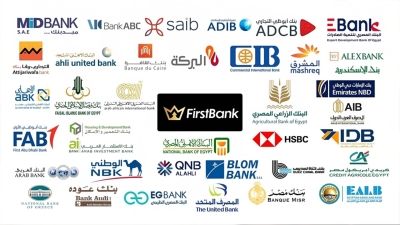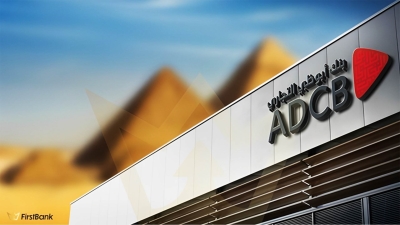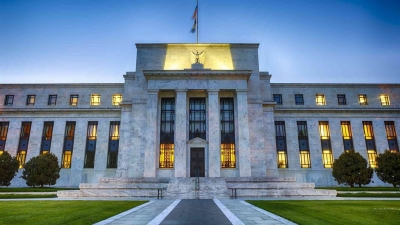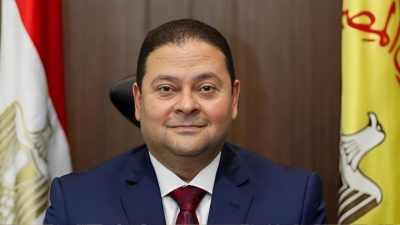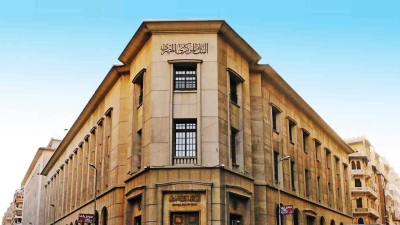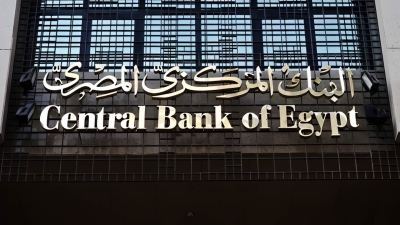HC Securities and Investments remarked on the central bank's fixation of the interest rate
First Bank
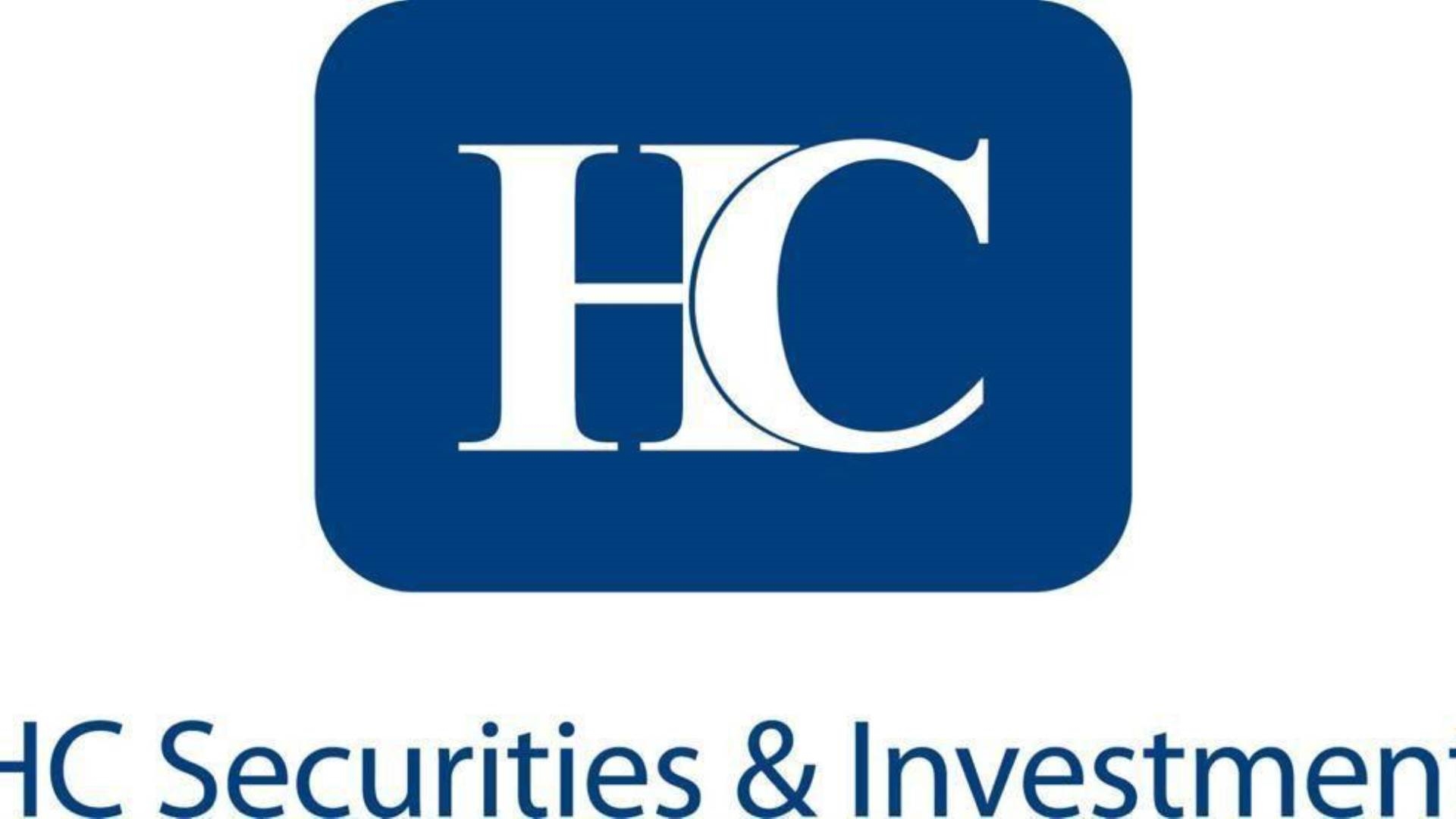
In its 22 June meeting, the Monetary Policy Committee (MPC) of the Central Bank of Egypt (CBE) decided to keep the benchmark overnight deposit and lending rates unchanged at 18.25% and 19.25%, respectively, for the second consecutive time, after it raised it by 200 bps on 30 March, which is the total rate hike y-t-d, and 800 bps in 2022.
Egypt's annual headline inflation accelerated for the second consecutive month to a record of 35.7% y-o-y in June from its previous record of 32.8% y-o-y in May, according to the Central Agency for Public Mobilization and Statistics (CAPMAS) data. Monthly prices rose 2.08% m-o-m in June compared to 2.72%m-o-m in the previous month.
On the global front, the US Federal Reserve raised interest rates on Wednesday by 25 bps to a range of 5.25-5.30%, a total of 100 bps y-t-d and 425 bps in 2022.
Based on Egypt's current economic situation, we present below our expectations for the likely outcome of the MPC meeting. Heba Mounir Economist and financials analyst for HC Securities and Investments stated: “We expect Egypt's inflation to continue rising by 2.0% m-o-m and record 36.6% y-o-y for July 2023 as the supply shortages, caused by the curbing of importation and lack of USD availability, continue to lead to inflation spikes.
The curbing of importation, along with an improvement in tourism numbers, has led Egypt's overall balance of payment (BoP) in 1Q22/23 and 2Q22/23 to record surpluses of USD523m and USD75.6m, respectively; however, it reversed into a deficit of USD317m in 3Q22/23 due to c17% q-o-q lower exports impacted by the drop in natural gas and petroleum products prices and a c46% q-o-q drop in the services balance surplus.
On a more positive note, the Egyptian Cabinet announced selling assets worth USD1.65bn in July (paid in FX), and the New Urban Communities Authority (NUCA) sold land to foreigners worth USD2bn in 1H23. Also, net international reserves (NIR) increased by 4.29% y-o-y and 0.42% m-o-m up to USD34.8bn in June, and deposits not included in the official reserves increased by c19% m-o-m and 4.96x y-o-y to USD4.37bn in June. As a result, Egypt's 1-year CDS retreated to 867 from 1,221 in the previous month. The USD shortage has led Egypt's banking sector net foreign liabilities (NFL), including the CBE, to widen by 1.2% m-o-m and c48% y-o-y to USD24.4bn in May 2023, and the two largest public banks, Banque Misr and the National Bank of Egypt (NBE) started issuing two types of USD certificates of deposits (CDs), including 3-year CDs at 7% annual interest and 3-year CDs at 9%, with a cumulative EGP return paid in advance, to improve the FX liquidity.
If the Egyptian government accelerates its partial asset sale program and the USD CDs attract enough depositors, this should ease the USD shortage.
Regarding the carry trade, despite the 12M T-bills rates increasing 5.19 pp y-t-d to 24.095%, we estimate that it offers a real negative yield of 6.41%, as evidenced by a net foreign portfolio investments outflow of USD3.43bn in 9M22/23.
This suggests that an interest rate hike to attract portfolio inflows is unlikely in the upcoming MPC meeting until Egypt sorts out its USD liquidity shortage, which led inflation to soar and widened the Egypt-US inflation differential to 32.0% in 3Q23 from 29.2% in 2Q23.
The high-interest rate environment has also led to an inverted yield curve. Accordingly, and based on Egypt's current economic situation, we believe the MPC committee will likely maintain interest rates unchanged at its 3 August meeting.
_20230801113754.jpg)


